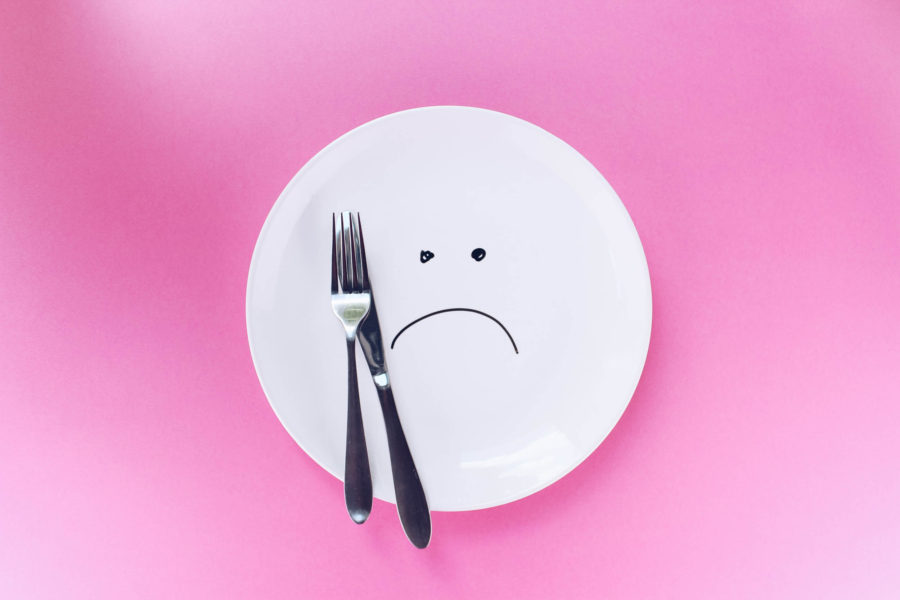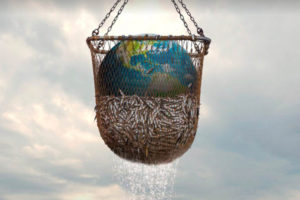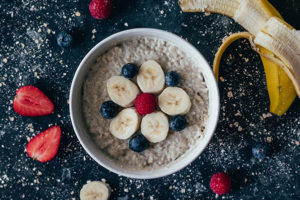A few months ago, the BBC published a blog post claiming that vegan diets lead to lower intelligence in children. It’s been making the rounds on social media. As I’ll explain, the claim is without merit and is based on a rigged, highly unethical ‘study’ published some 17 years ago. It’s shocking that the BBC let the blog post see the light of day.
The post is based on a single study of generally malnourished kids in Africa, a study published in 2003. The children were fed either low nutrient vegetarian diets or high nutrient meat diets. Quoting the disclosure statement in the published report, it was “sponsored by Global Livestock-CRSP, UC Davis through USAID grant number PCE-G-00-98-00036-00. The supplement publication was supported by Food and Agriculture Organization, Land O’Lakes Inc., Heifer International, Pond Dynamics and Aquaculture-CRSP.”
The conflicts of interest and the grossly unethical nature of the study design – guaranteed to lead to poor outcomes for the kids on the vegetarian diets – are glaringly obvious.
Providing the food with the most nutrients helped the kids most. The only kids offered all of the nutrients they needed were the kids being fed meat. Really, it’s shocking that this study got past ethics review.
Foods with similar nutrient quality are very definitely possible without meat, but that was not what the kids were offered. No B12 supplement, even, was provided to the kids in the non-meat group.
The study has very little meaning in the context of children who can readily get the nutrients they need, such as pretty much everyone in the rich world. These nutrients are available from plants; B12 supplements are cheap to provide as well.
In sum, BBC’s blog is mostly scare-mongering journalism irrationally extrapolating from a study of poor children offered soups of varying qualities, with an aim to a predetermined result. It’s not science. It’s propaganda, propaganda which in this case involved intentionally undernourishing innocent children.
I must note also that the energetic requirements of the brain are poorly met by anything other than carbohydrates.
And, by the way, much bigger epidemiological studies – like EPIC Oxford which follows tens of thousands of Europeans – clearly demonstrate that veganism is associated with substantial health advantages and
find no evidence of intellectual impairment in vegans.
Photo by Thought Catalog on Unsplash








